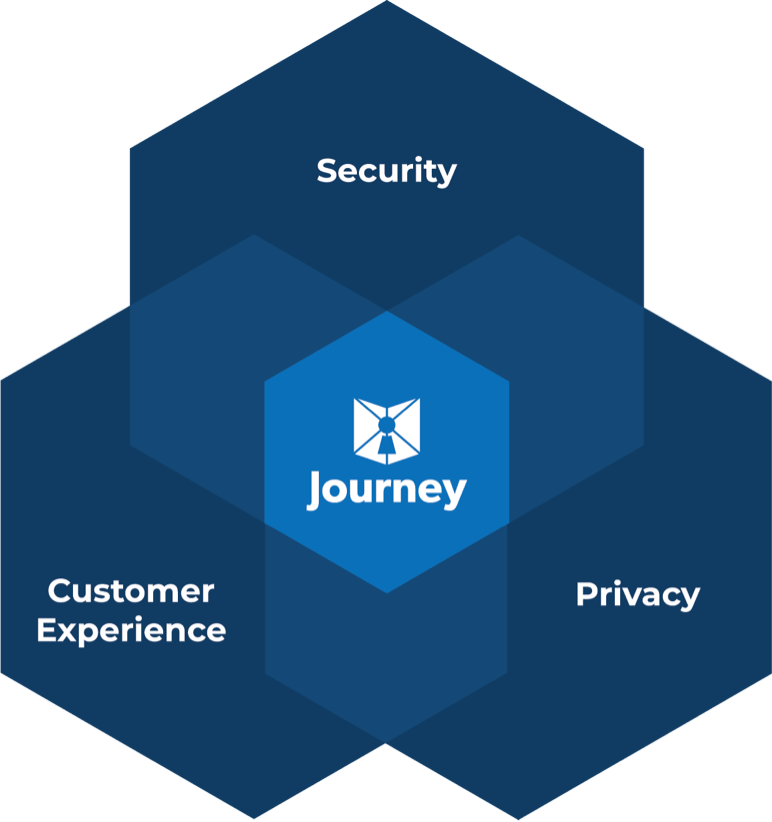A 2017 survey showed that only 1 in 5 businesses feel prepared to respond to cyberattacks. Of course, the best defense is a good offense, so you’ll want to be thinking now about how to avoid an attack, and exactly what you would do in the event one occurs. There are several practices you can implement to avoid becoming part of the alarming statistics we’ve all seen on the cost of fraud, running afoul of regulators, or incurring the wrath of your customer base in the event of a breach.
A cyber security audit performed by a professional is one of the best methods. There are so many things to consider, and literally hundreds of vendors out there claiming to help. Hire a neutral third party to look carefully at your tech stack and your practices to ensure you’re prepared.
There are lots of things you can review on your own without hiring a consultant, and one of the things we suggest is to start with how you handle your customer interactions, particularly in the contact center.
Fundamentals of Auditing Your Customer Interactions
Audits are a more formal procedure for verifying compliance with any necessary codes or regulations, and these regulations are becoming more and more complex as new countries and even states are enacting security and privacy laws. Audits can be internal or external, and truly you should be doing both. You’ll need to comply and often become certified if you are in certain industries. Even if you fail, you’ll learn important gaps in your infrastructure and hopefully avoid the worst case scenarios which involve loss of reputation, revenue, and potentially huge fines.
Assessments are a less formal way to evaluate cybersecurity. There are several types including risk and vulnerability assessments and gap analyses. They all focus on a specific area rather than the organization as a whole and can be performed by an on-staff IT professional.
The most common type of cybersecurity test is a penetration test. This involves subjecting a system to a common type of attack to see how it easily it’s remedied. These can also be performed in-house.
Why You Need a Cyber Security Audit
43% of businesses dealt with a cybersecurity breach in 2018 alone, proving the need to protect data.
A cybersecurity audit helps with this and is also one of the best ways to ensure compliance in all areas of your organization. It keeps data safe and protects you from facing technical and/or legal issues.
Auditing your customer interactions are a great place to start, because the contact center has become one of the fastest growing attack vectors. All companies will need to implement security measures to protect data lakes, but we suggest paying particular attention to the interactions between your agents and callers, and investing in a state-of-the-art identity solution, so you know your callers are who they say they are.
How to Perform a Cyber Security Audit
Audits involve sending each component of your business’ system, with all of its data encrypted, to a professional. They’ll examine it, compare it to the regulations your business follows, then provide a report and a pass/fail grade.
The company you choose to perform the audit should follow a security model that establishes trust and keeps data safe. Otherwise, you risk exposing sensitive information to hackers and identity thieves.
Every business can benefit from a cyber security risk audit. Our Zero Knowledge platform can help you complete one, saving you time and money without compromising the security of your data.
Where to Get Cyber Security Help
A cyber security audit is one of the best ways to ensure you’re consistently compliant with all regulations. Combined with other methods such as assessments and tests, it’s also one of the best ways to keep your data safe.
An audit is a detailed and potentially dangerous process that must be handled by a professional. Deciding who should perform it is one of the most critical decisions you can make.
Our platform provides proven security while also protecting your bottom line. Request a demo and contact us today for more information.



